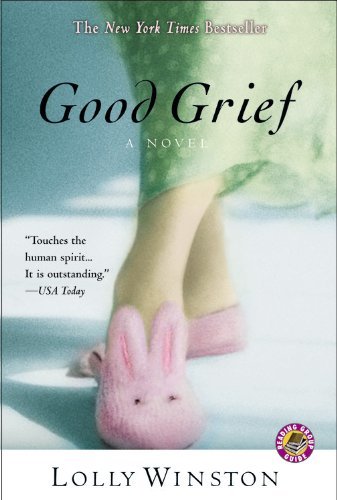
How To Talk To A Widower
Book Description
Grief can be a heavy weight—or a catalyst for change. When Doug Parker's life shatters after his wife’s death, he finds himself navigating the turbulent waters of mourning, single parenthood, and unexpected romance. As he confronts the ghosts of his past and the entangled emotions of his future, Doug discovers that love can blossom in the most unlikely of places. With a witty blend of humor and heartache, Jonathan Tropper crafts a poignant tale of resilience and renewal. Will Doug find a way to embrace life again, or will he remain trapped in his own sorrow?
Quick Book Summary
"How To Talk To A Widower" by Jonathan Tropper follows Doug Parker, a thirty-something writer whose world is upended by the sudden death of his wife Hailey. Plunged into grief, Doug isolates himself, withdrawing from family and friends while reluctantly caring for his troubled teenage stepson, Russ. As Doug endures awkward family interventions, bad dates, and the swirl of small-town gossip, he stumbles through the complexities of mourning—balancing the memories of his loss with surprising moments of humor and human connection. Tropper weaves sharp wit with genuine emotion, delivering a novel that explores the messy, nonlinear path toward healing. By the end, Doug must decide whether to let his grief define him—or take a risk on love, life, and unexpected second chances.
Summary of Key Ideas
Table of Contents
Grieving and the Messiness of Loss
Doug Parker’s life is shattered when his wife Hailey dies in a tragic plane crash. Grappling with profound grief, Doug isolates himself in their suburban home, avoiding his well-meaning but overbearing family. His pain is compounded by the responsibility of caring for Russ, Hailey’s troubled teenage son, whose behavioral issues and anger add to Doug’s sense of loss and inadequacy. Doug’s narration is raw, self-deprecating, and infused with humor, reflecting how he copes with the relentless weight of sorrow.
The Challenges of Unexpected Parenthood
As Doug stumbles through daily life, his family insists on pulling him out of his rut. His twin sister Claire stages interventions, while his father and stepmother try to guide him gently back toward some semblance of normalcy. Each member of his eccentric family brings their own quirks and baggage, offering comedic relief yet underscoring the importance—and occasional annoyance—of unconditional support. Through awkward family dinners and chaotic gatherings, Doug is forced to confront not only his grief but also unresolved relationships from his past.
Family Dynamics and Support Systems
Doug’s new role as a parent to Russ proves tumultuous. Russ is rebellious and angry, blaming Doug for not being able to save Hailey. Their strained relationship challenges Doug to grow up quickly and redefine what it means to be a father. Through setbacks, small victories, and genuine moments of connection, Doug gradually learns to reach Russ, forging an imperfect but deeply human bond that becomes a cornerstone of his healing process.
Humor as a Tool for Healing
Amid the mourning and dysfunction, Doug’s world is tinged with humor, often dark and self-effacing, that keeps both him and the reader afloat. Tropper skillfully uses wit as a salve for pain; Doug’s sarcastic observations on funerals, awkward dates, and small-town gossip reveal the absurdity woven into tragedy. Laughter, Doug finds, is not a betrayal of his grief, but a vital tool in moving through it.
Rediscovering Love and Moving Forward
As Doug’s heart slowly awakens to the possibility of love—through a burgeoning romance and rekindled friendships—he sees hope for the first time since Hailey’s death. The journey is not linear or tidy, but Doug’s struggles and small steps forward demonstrate the messy, courageous work of healing. Ultimately, Doug chooses to embrace life in all its unpredictable, bittersweet glory, discovering that while loss changes everything, it doesn’t have to end the possibility of joy.
Download This Summary
Get a free PDF of this summary instantly — no email required.





